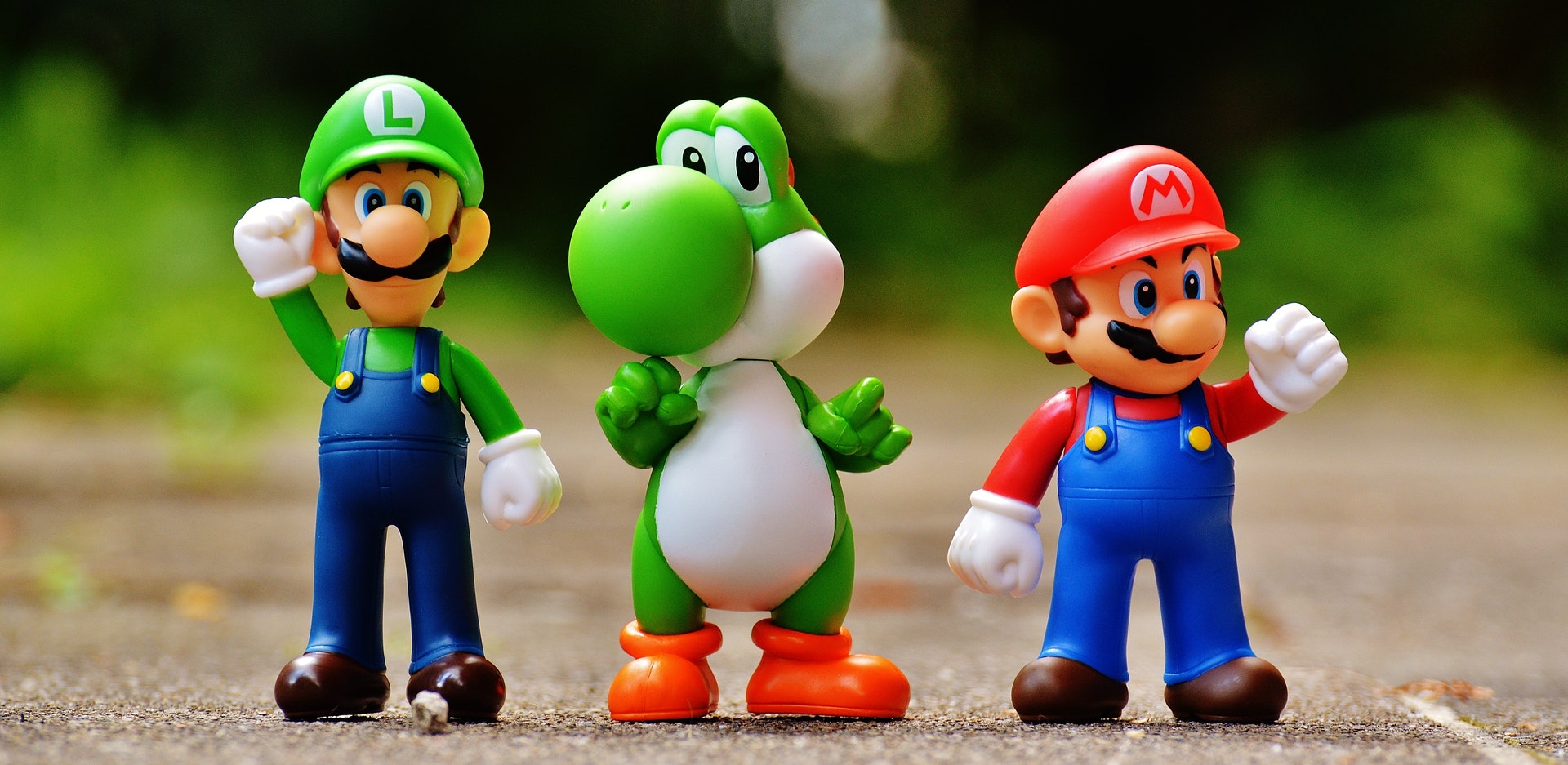When explaining my hypothesis on how life, death, and the eternal soul work, I use an analogy I like to call The Video Game Theory of Life. The Video Game Theory of Life could also be called The Really Good Book Theory of Life, as the immersive nature is very similar. It involves what is known as flow, which is a psychological state of being completely engrossed and enchanted by a task, so much so that your perception of time changes. Have you ever been “in the zone” doing something? That’s flow.
The other element of The Video Game Theory of Life is forgetfulness. When you’re knocked out of flow, you might experience a sensation of disorientation, wondering what reality is truly real for a moment before reorienting on your present circumstances. This idea has been explored through the centuries — well before video games were invented — most notably by Chinese philosopher Zhūangzi, who famously wrote about dreaming he was a butterfly.
“One night, Zhuangzi dreamed of being a butterfly — a happy butterfly, showing off and doing things as he pleased, unaware of being Zhuangzi. Suddenly he awoke, drowsily, Zhuangzi again. And he could not tell whether it was Zhuangzi who had dreamt the butterfly or the butterfly dreaming Zhuangzi. But there must be some difference between them! This is called ‘the transformation of things’.”
The experience that Zhūangzi describes is one of flow and forgetfulness — at first being totally engrossed in an experience and then coming out of that experience disoriented, or perhaps re-oriented to a different way of thinking. The Video Game Theory of Life depicts a similar way of being.
It goes like this: You are playing an open-world RPG. You have certain skills, abilities, limits, and handicaps, some of which you built into your character at the start of the game and some you unlocked as you levelled up and gained experience points. You’re exploring this world, talking to people, going on side quests, maybe focusing on a larger objective, maybe not. You are totally engrossed in this game. All that exists to you is what’s on the screen.
And then your character dies. Or you complete the game. Or you become aware that there’s something more than what’s on the screen. Whatever it is that’s changed your consciousness to be aware of the room you’re in, the people you’re with, and the library of video games next to the console, you are now awake. And you begin to remember creating your character in the first place and what larger objective you had in the game, which may or may not have gotten lost in all the side quests.
This experience is what you have when your body dies and your spirit (which is like your RP character, the thing that has all the skills and knowledge) goes to Summerland. While in Summerland, you reflect on the video game — what you did, what you didn’t do, what you wanted to do, what you forgot to do, what you wanted to learn, what you actually learned, all sorts of reflections on the game. And then your soul (which is your true essence, your consciousness, your eternal self) decides what game they want to play next. The same game, maybe, with a different character/spirit which has different skills and abilities and limits and handicaps and a new objective, or perhaps a different game altogether. Maybe instead of Human you want to play the Fox game or the Android game, or maybe the Whale game or the Alien game. Different games have different objectives, different experiences, different parameters.
So your soul/self dives back into the video game with a new spirit/character and immediately becomes engrossed in the amazing graphics and music and personalities of the other characters. The experience is so enchanting that the soul has a hard time keeping focused on their objective because everything is so rich and engaging and tangents turn into side quests turn into new objectives, and the cycle begins again.
But what happens if you become aware while you’re still playing the video game? You become enlightened, that’s what! You’re awake to the true nature of reality in all its magickal magnificence, and now that you know you’re playing the Human game, the spirit/character and the soul/self can work together to achieve their objective. But also, you have access to knowledge beyond the world of the Human game. You know it’s a game. You know it operates under certain assumptions and parameters. You know there are other games out there. And you can put in cheat codes and hacks to fast-track your progress — this is what magick is! You still have to do the work of the quests in the game, but the cheat codes and hacks help you unlock skills, abilities, resources, and insights that might’ve taken a long time to win without them.
Naturally, this realization leads to certain questions about the video game. Where are the limits (reality testing)? Should I do something just because I can (morality and ethics)? Are the other characters I’m interacting with real or are they just there to fulfill a function of the game (nature of life and the soul)? What happens when I have explored all the game has to offer (existentialism)? Does my experience with past characters color my perceptions and give me certain tendencies that carry over from old character to new character (karma)?
The Video Game Theory of Life isn’t meant to answer all these questions but rather to give you insights to help you answer those questions for yourself. That’s part of being a Witch in the Human game.

